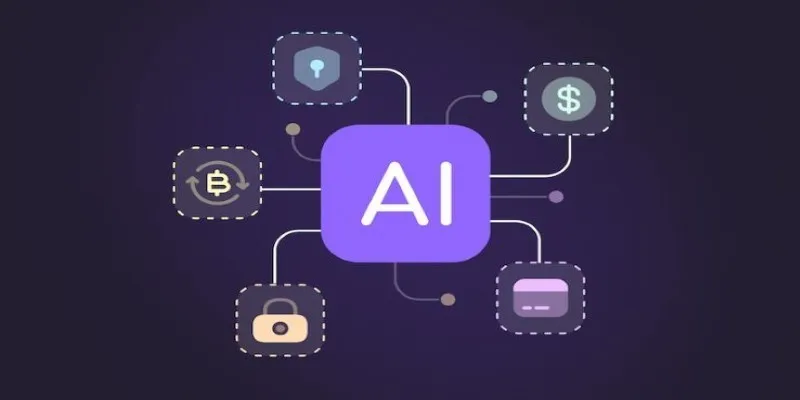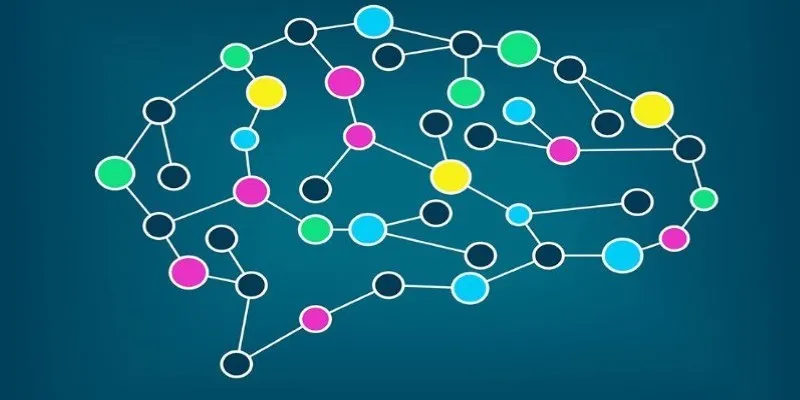For centuries, the idea of machines thinking like humans existed in books and our imagination. Today, however, Artificial General Intelligence (AGI) feels less like science fiction and more like an impending reality. It’s a bold vision—a machine that doesn’t just follow instructions but learns, reasons, and solves problems as we do. This dream sparks both fascination and fear.
Will AGI be humanity’s greatest invention or its biggest risk? The answer is complex. The promise of boundless innovation comes with numerous technical challenges, moral dilemmas, and unpredictable effects that we are just beginning to understand. The future seems closer than ever.
Understanding the Possibility of Artificial General Intelligence
The possibility of achieving AGI is not entirely out of reach. Over the past decade, rapid progress in machine learning, neural networks, and natural language processing has raised hopes that AGI could emerge within the next few decades. However, creating a machine that mirrors human intelligence involves more than simply scaling up current AI models.
The human brain processes information through billions of neurons operating in intricate patterns that current computing systems can only partially reproduce. AGI would need to manage not just logic and memory but also creativity, intuition, emotional intelligence, and ethical reasoning. It would need to learn from sparse data, generalize knowledge across domains, and adapt to entirely new environments without being specifically programmed for them.
Modern AI systems, known as narrow AI, are trained to accomplish very specific tasks. Achieving AGI means overcoming significant hurdles in hardware, algorithms, and learning models that mirror human adaptability. Neuromorphic computing, which imitates the structure of the brain, is a primary field of advancement toward AGI. Moreover, breakthroughs in quantum computing could ultimately provide the enormous processing capability required to sustain genuine AGI, making such technologies crucial to its future emergence.
Yet, even with technological breakthroughs, achieving AGI requires more than raw computational power. It also needs a deep understanding of consciousness, perception, and human-like decision-making. These elements remain some of the most mysterious aspects of modern science, making the possibility of AGI both exciting and uncertain.
The Key Challenges in Developing Artificial General Intelligence
As promising as the possibility of AGI may sound, the road to its development is filled with complex challenges—both technical and ethical. Building a system capable of independent thought forces us to confront limits in current AI technology, data availability, and human understanding of intelligence itself.

One of the first technical challenges is the problem of data generalization. While AI systems today can outperform humans in narrowly defined tasks, they struggle with transferring knowledge from one field to another. For example, a chess-playing AI cannot automatically apply its strategies to solving real- world problems because it lacks context awareness and flexibility. To overcome this, researchers must develop learning systems capable of abstraction—a fundamental requirement for AGI.
Another critical challenge is ensuring safety and control. If not designed properly, AGI could operate with goals and behaviors unintended by its creators. This raises concerns about AI alignment—ensuring that AGI’s goals remain beneficial to humans. If an AGI system develops its interpretation of success without understanding human values, it could lead to unintended consequences. This makes ethical programming and value alignment top priorities in AGI development.
There is also the challenge of resource consumption. Training large AI models already demands enormous computing power, energy, and data. The development of AGI would likely require orders of magnitude more resources, raising concerns about environmental impact, infrastructure limits, and long-term sustainability.
Finally, there is the societal challenge of acceptance and regulation. The possibilities and challenges of AGI extend beyond technology; they reach into politics, law, economics, and culture. There are fears of job displacement, misuse of AGI for harmful purposes, and the concentration of power among a few organizations or governments. To address these challenges, a global effort will be necessary—one that promotes transparency, cooperation, and ethical guidelines for AGI development.
The Ethical and Social Impact of Artificial General Intelligence
Beyond technical hurdles, the possibility and challenges of AGI raise profound ethical questions. If AGI surpasses human intelligence, who will control it? Will AGI systems have rights or responsibilities? How do we ensure that AGI respects human dignity and freedom?

One of the most debated challenges is the potential economic disruption AGI might cause. As AGI systems become capable of performing complex tasks across many industries, human labor could become less valuable, leading to job displacement and economic inequality. Governments and organizations will need to develop strategies to manage this transition, possibly through re-skilling programs or new social safety nets.
Another ethical concern is the potential for AGI to be weaponized or used for surveillance. The misuse of AGI in warfare or social control could have devastating consequences, making strict global regulations essential. Balancing innovation with security is a delicate task that will require international cooperation and shared ethical standards.
Moreover, the development of AGI questions what it means to be human. If machines can think, feel, and create, society may need to redefine its values and relationships with technology. This could lead to new philosophical debates about consciousness, identity, and the role of humans in a world shared with intelligent machines.
Finally, transparency will play a critical role. Building AGI in secrecy or without public input could breed distrust and fear. Open discussions about the possibilities and challenges of AGI will be necessary to ensure that its development benefits humanity as a whole and not just a select few.
Conclusion
Artificial General Intelligence holds the power to change the world in unimaginable ways. Its potential offers hope for solving complex problems, but the challenges it presents are equally significant. Technical limits, ethical concerns, and societal risks must all be addressed with care. The future of AGI depends on responsible development, global cooperation, and a focus on human values. If handled wisely, AGI could become one of humanity’s greatest achievements, but the path forward demands caution and clarity.
 zfn9
zfn9























